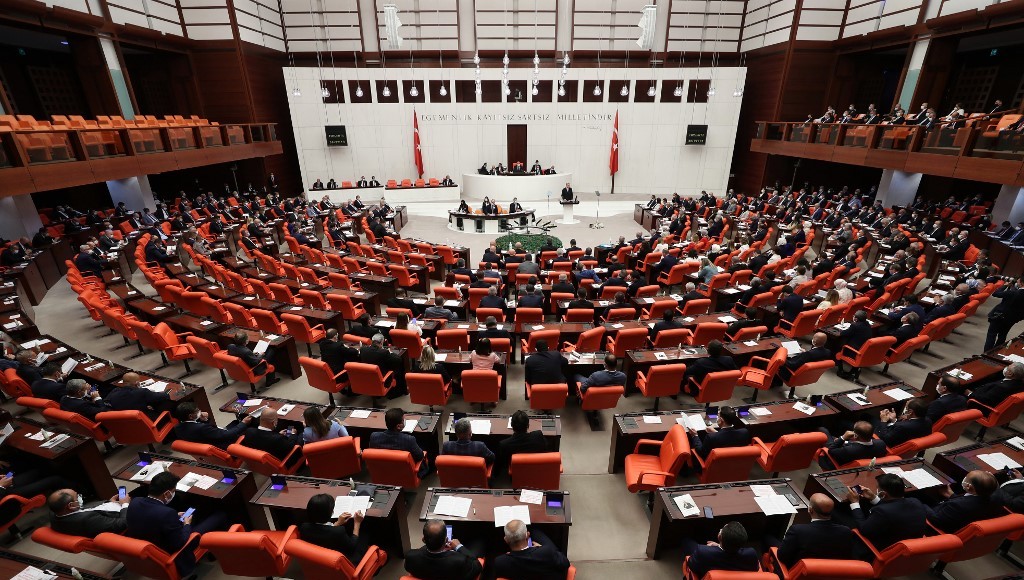Turkey’s ruling Justice and Development Party (AKP) has presented to parliament a bill that paves the way for sanctions, including a prison sentence of up to three years, regarding social media posts that are found to have been produced for the purpose of fake news and disinformation, the Dünya daily reported on Thursday.
The bill aims to add the offense, titled “Publicly Disseminating Misleading Information,” to Turkish Criminal Law No. 5237 as clause A of Article 217.
“Anyone who publicly disseminates false information regarding the internal and external security, public order and general health of the country, with the sole motive of creating anxiety, fear or panic among the public, in a way that is suitable for disturbing the public peace, is sentenced to imprisonment from one year to three years,” the clause says, according to Dünya.
If the crime is committed by hiding the real identity of the perpetrator or within the framework of the activities of an outlawed organization, these penalties will be increased by 50 percent, Article 29 of the draft bill also says.
The bill further seeks to include news websites within the scope of periodicals and change the Press Law to allow the publication of official advertisements on the Internet, Dünya said.
The BBC reported earlier in May that the AKP was considering the sanction of removal of content for such posts that are decided by the courts to have included false information and imposing fines on social media platforms that insist on not removing the relevant content.
Turkish courts would decide whether or not a social media post was aimed at producing or disseminating fake news and disinformation online under the new law, which the AKP government had been working on with its far-right ally, the Nationalist Movement Party (MHP), BBC also said.
The AKP government has been relentless in its crackdown on critical media outlets, particularly after a coup attempt on July 15, 2016.
As an overwhelming majority of the country’s mainstream media has come under government control over the last decade, Turks have taken to social media and smaller online news outlets for critical voices and independent news.
Turks are already heavily policed on social media, and many have been charged with insulting Turkish President Recep Tayyip Erdoğan or his ministers, or criticism related to foreign military incursions and the handling of the coronavirus pandemic.
